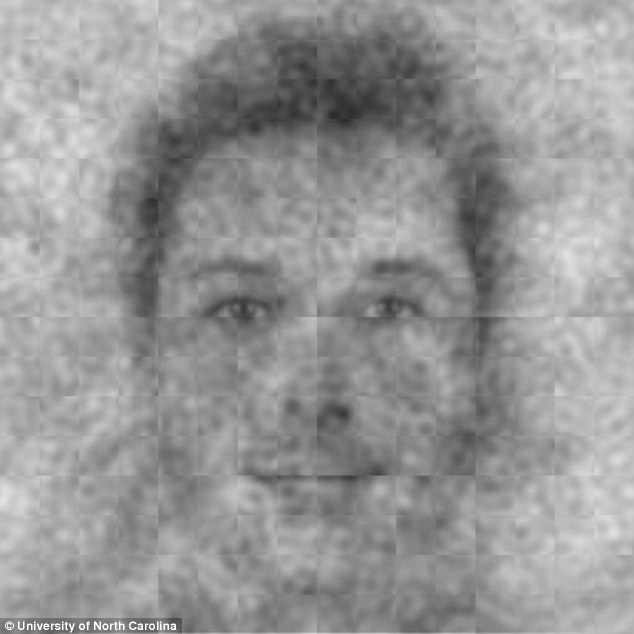This is what the 'face of God' looks like, according to more than 500 American Christians

Researchers from the University of North Carolina (UNC) at Chapel Hill have asked more than 500 American Christians about their perceptions of God's appearance to construct a composite face that reflects how the study participants imagined God to look like.
The study suggests that many American Christians perceive God as a younger, more feminine deity with less Caucasian features, in contrast to the more common illustrations that depict God as an old white-bearded male.
A team of psychologists created the composite image based on the responses of 511 American Christians.
The study participants were shown hundreds of randomly varying pairs of faces, and were asked to choose which face from each pair looked more like the 'face of God'. The researchers created a composite face by combining all the selected faces.
The research indicated that people's biases are a contributing factor in how they imagine the appearance of God to be.
Liberals tend to believe that God is more feminine, younger and more loving, while conservatives believe in a more powerful God with Caucasian features.
'These biases might have stemmed from the type of societies that liberals and conservatives want,' said Joshua Conrad Jackson, the lead author of the study, according to a news release posted on the UNC Chapel Hill website.
'Past research shows that conservatives are more motivated than liberals to live in a well-ordered society, one that would be best regulated by a powerful God. On the other hand, liberals are more motivated to live in a tolerant society, which would be better regulated by a loving God,' he added.
The researchers also found that people's perceptions of God are influenced by demographics. White Americans are more likely to imagine God as a Caucasian, while African Americans tend to envision God as black.
Younger people are more inclined to imagine God with a younger appearance, while physically attractive people tend to believe in a more physically attractive God.
'People's tendency to believe in a God that looks like them is consistent with an egocentric bias,' said Professor Kurt Gray, the senior author of the study, according to the news release.
'People often project their beliefs and traits onto others, and our study shows that God's appearance is no different –people believe in a God who not only thinks like them, but also looks like them,' he added.
However, Gray observed that the participants did not manifest any biases when it came to gender. He noted that men and women both tended to imagine a God with masculine features.
The study, which was published in the journal PLOS ONE, was funded by the Templeton Foundation and the National Science Foundation.











